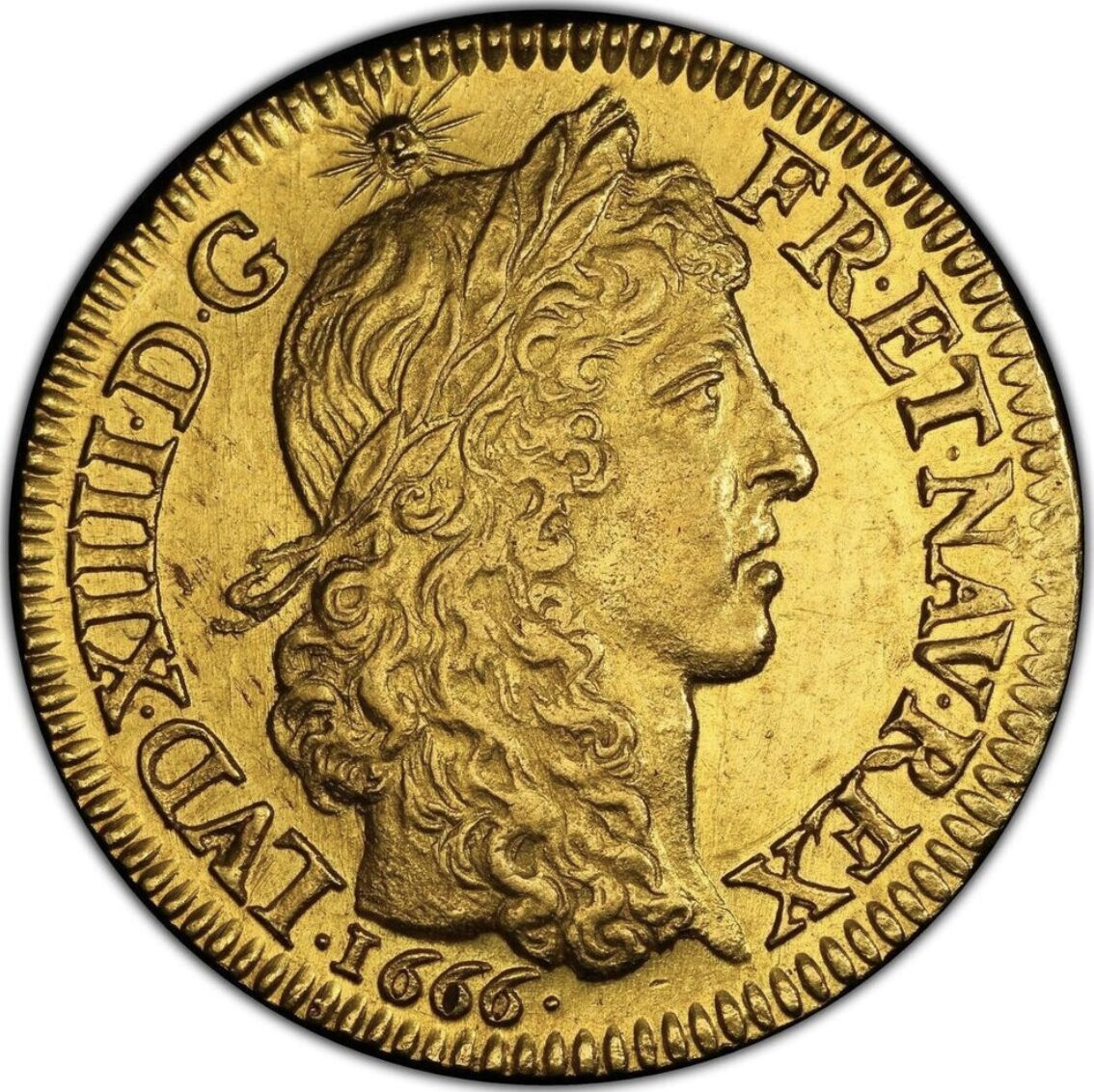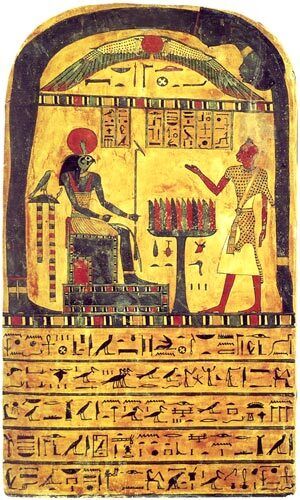The number “666” has become infamous in the Western world. It is often regarded as the numerical symbol of Satan himself; various satanic and neo-pagan displays portray the number. It is also the sum of all the numbers of the roulette wheel (often called the “Devil’s Game”); the 19th-century mathematician and Monte Carlo casino owner François Blanc devised a version of this game of chance that gave the house greater odds of winning than the players, thus causing rumors to swirl that he had made a “deal with the devil” to unlock its secrets.

The notoriety of 666 traces back to a single passage in the New Testament book of Revelation. This verse does not attribute it directly to the devil himself, but to the “beast” empowered by him (Revelation 13:17-18).
Various theories abound as to the interpretation of this number. That is not the purpose of this article. Instead, let’s answer the question, Is there any negative association with this number in the Hebrew Bible?
I recently discussed this topic with a friend at Hebrew University. The general conclusion seems to be that there are no negative connotations with the number. The number is found a few times in the Hebrew Bible—unsurprising, given the many thousands of figures given in the text—but in general, it is summarized as having “no meaning at all.”
I’m not so sure.
Solomon and the ‘Root of All Evil’
The number 666 is found three times in the Hebrew Bible. One passage is the otherwise-innocuous Ezra 2—a census of “the children of the province, that went up out of the captivity of those that had been carried away … who came with Zerubbabel” to rebuild the temple and resettle in the Holy Land (verses 1-2). One of the familial groups was “[t]he sons of Adonikam, 666” (verse 13; English Standard Version). In the context of an entire chapter of different numbers, this figure isn’t too shocking. Still, it is interesting to note that in the parallel census in Nehemiah 7, the figure for the children of Adonikam is ever so slightly different: 667 (verse 18).
The other two passages are more interesting. They are parallel passages relating to King Solomon: 1 Kings 10:14 and 2 Chronicles 9:13 (both virtually identical in content, differing in only two Hebrew letters). 1 Kings 10:14 reads: “Now the weight of gold that came to Solomon in one year was 666 talents of gold.”
Now this is a very oddly-specific number. The Hebrew word for “talents” is used numerous times in the Bible in referring to quantities of silver or gold. For vast sums in the hundreds or thousands, the number of talents is often rounded to the nearest 100; occasionally, to the nearest 10. For example, 100 talents are mentioned in Exodus 38:25; 120 talents in 1 Kings 9:14; 420 talents in verse 28; 1,000 talents in 2 Kings 15:19; 300 talents in 2 Kings 18:14; 100 talents in 2 Kings 23:33; 450 talents in 2 Chronicles 8:18; etc.

The 666 talents in 1 Kings 10:14 and 2 Chronicles 9:13 constitute the only case in which we have such a vast quantity of talents given right down to the nearest single digit. Is this mere coincidence? I don’t believe so. It appears to be a point of special emphasis.
Solomon is famous for his numerous wives (700, plus 300 concubines), which “turned away his heart after other gods” (1 Kings 11:4). He acquired these wives in direct contravention of the command for kings in Deuteronomy 17: “Neither shall he multiply wives to himself, that his heart turn not away” (verse 17).
But there is a second, more often overlooked part of the very same verse: “neither shall he greatly multiply to himself silver and gold.” In the same context of Solomon’s sin in multiplying wives, we read also of his “greatly multiplying to himself” the very specific sum of 666 talents of gold—not ascribed to any specific purpose (as in the building of the temple)—but rather as an annual figure of accumulation. (Solomon also accumulated so much silver that it became worthless; see 2 Chronicles 9:20, 27.)

The Cambridge Bible Commentary notes of 1 Kings 10:14: “There can be no doubt that Solomon was one of the wealthiest monarchs in the East at that date. But the taxation must have been crushing, and with all this Oriental splendor and luxury there was rottenness within. Solomon was the Jewish Louis xiv.” 1 Kings 12:4-16 describe the harsh “yoke” of taxation that those in Israel were facing (a “yoke” that played a role in the eventual breakup of the kingdom).
As Solomon lamented at the end of his life: “I searched in my heart how to pamper my flesh … I gathered me also silver and gold, and treasure such as kings and the provinces have as their own; I got me men-singers and women-singers, and the delights of the sons of men, women very many … whatsoever mine eyes desired I kept not from them; I withheld not my heart from any joy …. Then I looked on all the works that my hands had wrought, and on the labour that I had laboured to do; and, behold, all was vanity and a striving after wind, and there was no profit under the sun. … This also is vanity and a great evil” (Ecclesiastes 2:3, 8, 10-11, 21).
This brings to mind that famous scriptural assertion that “the love of money is the root of all evil.” It seems that for Solomon that “root of all evil” may have had a definite numerical figure—666.
And on this subject of “evil” in relation to this numerical figure, there is even more than meets the eye in the Hebrew scriptures.

A Very Ra Number
The word for “bad” in modern Hebrew is ra, רע. More appropriately, it is the biblical word translated as “evil” or “wicked” (i.e., the “tree of the knowledge of good and evil”). Can you guess how many times it is used in the Hebrew Bible? This word—Strong’s number H7451—“occurs 666 times.”
Again, just coincidence? A number with “no meaning at all”?
There is another layer of intrigue. Ra just so happens to be the name of the chief Egyptian god, and is spelled the same way in Hebrew (רע). And in comparing the account of the Exodus plagues and this chief deity of Egypt (a sun-god), it is clear that this deity was the key target in God’s demonstrations “against all the gods of Egypt” (Exodus 12:12). This is expounded upon in Prof. Gary Rendsburg’s article for theTorah.com, “YHWH’s War Against the Egyptian Sun-God Ra.”

Perhaps it’s also fitting that the Stele of Ankh-ef-en-Khonsu, displaying a syncretized figure of the gods Ra and Horus, ended up with the inventory number 666 in Egypt’s Boulaq Museum. (This led to a great deal of interest in the item among the occultist community, particularly spurred on by the infamous Aleister Crowley.)
As we have covered previously, much of the language contained within the Torah shows clear linguistic evidence of Israel’s sojourn in Egypt, with the presence of various Egyptian words adopted and utilized. As such, could it be more than coincidence that such a Hebrew word for “evil” is one and the same word as the name of the great, opposing god of the Egyptians? And by the same token, is it just coincidence that we find 666 cases of this word in the Hebrew Bible?
Is it also coincidence that King Solomon accrued to himself precisely “666 talents of gold per year” (1 Kings 10:14, New English Translation), alongside his manifold wives, which turned away his heart—both of which are warned about in the very same context of Deuteronomy 17:17?
Again, is there an underlying negative connotation to the number 666 in the Hebrew Bible? You decide.

